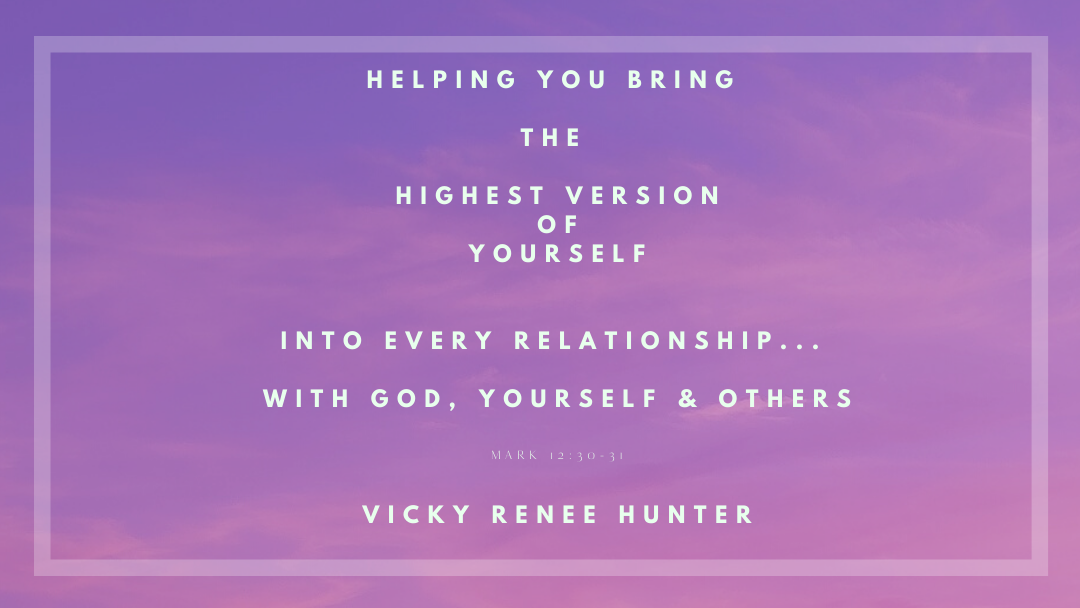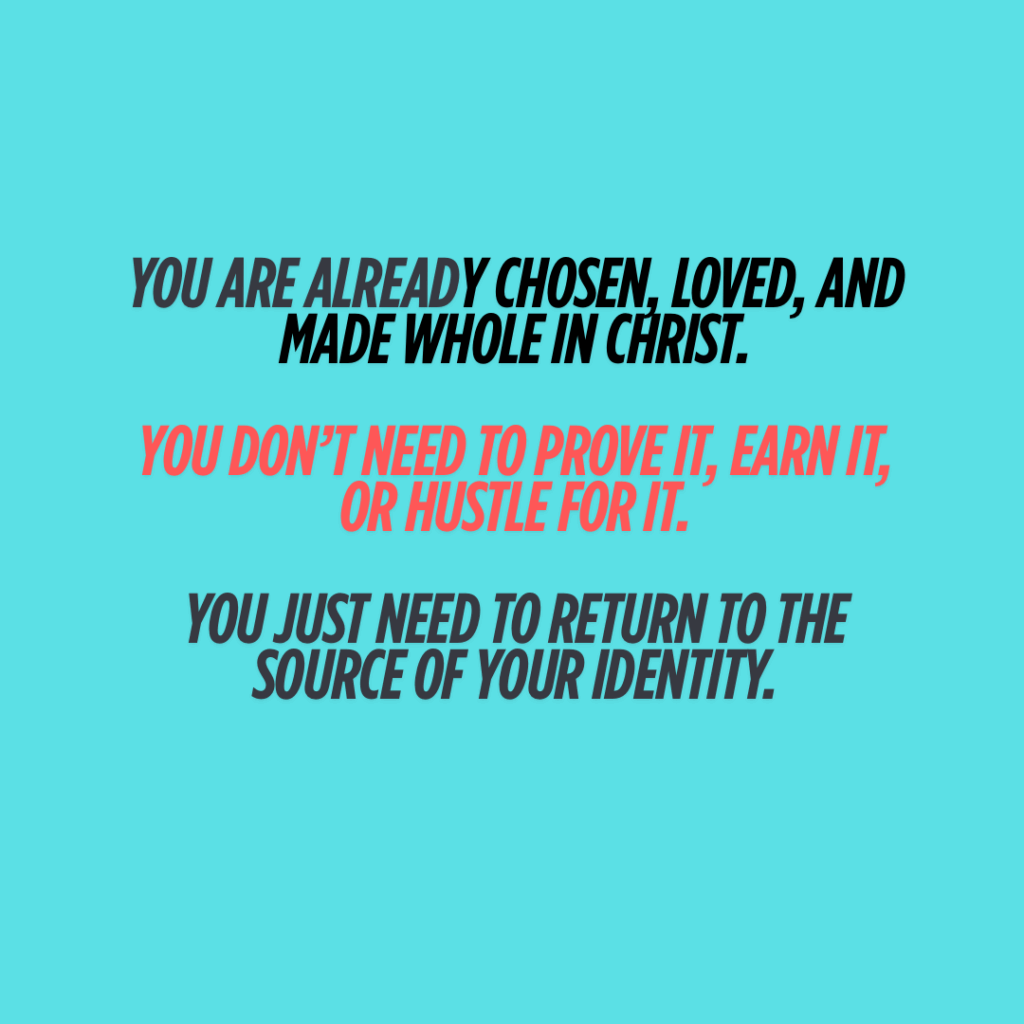
Many of us love to give. Whether it’s giving our time, our attention, our support, or our resources—we pour ourselves out willingly.
But when it comes to receiving? That’s where the struggle begins. Receiving feels like weakness—or worse, a loss of control.
You may find it difficult to accept a compliment without deflecting, or to allow someone to bless you with a meal, or to say yes when offered help..
Why is receiving such a challenge, especially for women of faith who are used to showing up strong, capable, and self-sufficient?
Many of us were taught that to be valuable, we must always be the giver, the helper, the server, or the doer.
Often, the struggle to receive is tied to silent beliefs that say, “I’m not worthy,” or “I haven’t done enough to deserve this.”
These lies keep us trapped in performance mode, blocking the flow of grace, love, and even abundance that God desires to pour into our lives.
To receive is to open ourselves up—to be seen, known, and loved without striving. That level of openness can feel exposing and scary.But vulnerability is where authentic connection—and even transformation—begins.
Receiving isn’t selfish.
It’s actually an act of humility.
It acknowledges our human limits and reminds us of our dependence on God and others.
How to Open Your Heart to Receive
*** Replace lies of unworthiness with God’s truth: You are loved, chosen, and enough (Ephesians 1:4-5).
*** Practice small acts of receiving
*** Invite God into the process
*** Pray honestly about your struggle to receive. Ask the Holy Spirit to soften your heart and help you receive His love first, so you can receive from others without guilt or fear.
When you open your heart to receive, you create space for joy, healing, and deeper connection with God and others.💞

